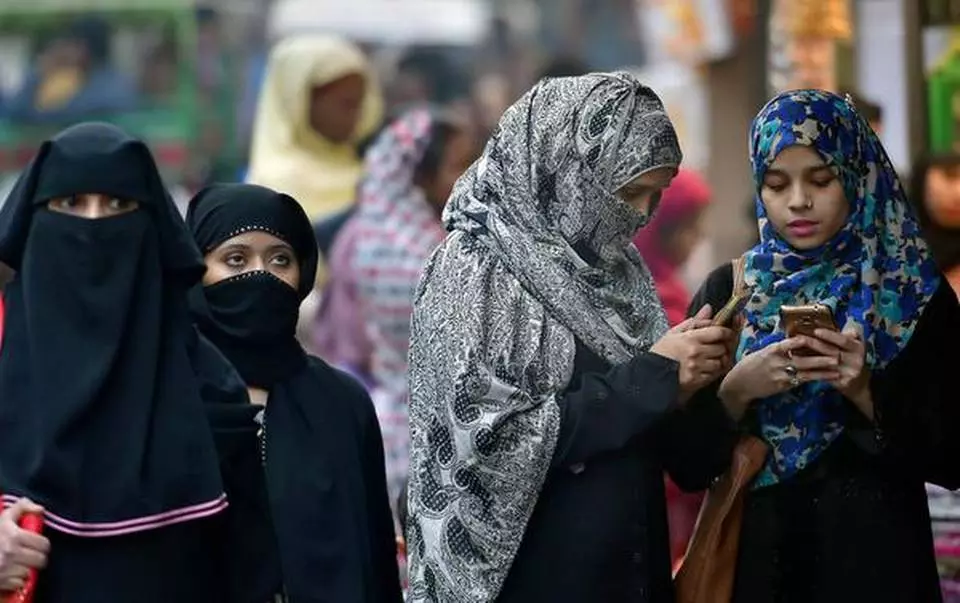
Triple talaq ‘fatal’ for marriage: Centre tells SC while defending 2019 law
Centre tells court that Muslim Women (Protection of Rights on Marriage) Act, 2019 was enacted as SC ban on triple talaq wasn't deterrent enough to stop the practice

The Centre, while defending its 2019 law criminalising triple talaq, on Monday (August 19) told the Supreme Court that the practice is “fatal” for the social institution of marriage and leaves women in a “very pathetic” condition.
Ban by SC not a sufficient deterrent: Centre
In an affidavit filed in response to petitions challenging the Muslim Women (Protection of Rights on Marriage) Act, 2019, the government said despite the top court setting aside the practice in 2017, it has "not worked as a sufficient deterrent in bringing down the number of divorces by this practice" among the members of the community.
“Victims of triple talaq have no option but to approach the police…and the police were helpless as no action could be taken against husbands in the absence of punitive provisions in the law. In order to prevent (this) there was an urgent need for stringent (legal) provisions,” the Centre said.
"It is submitted that Parliament in its wisdom has enacted the impugned Act to protect the rights of married Muslim women who are being divorced by triple talaq,” the affidavit said.
Gender equality
"The impugned Act helps in ensuring the larger constitutional goals of gender justice and gender equality of married Muslim women and helps subserve their fundamental rights of non-discrimination and empowerment," it added.
On 22 August 2017, the apex court had declared instant triple talaq (talaq-e-biddah) unconstitutional. On August 23, 2019, the top court agreed to examine the validity of the Muslim Women (Protection of Rights on Marriage) Act, 2019.
Violation of the law entails imprisonment of up to three years.
Petitions against law
Two Muslim organisations – Jamiat Ulama-I-Hind and Samastha Kerala Jamiathul Ulema – have urged the court to declare the law "unconstitutional".
Jamiat claimed in its petition that "criminalising a mode of divorce in one particular religion while keeping the subject of marriage and divorce in other religions only within the purview of civil law, leads to discrimination, which is not in conformity with the mandate of Article 15".
(With inputs from agencies)

